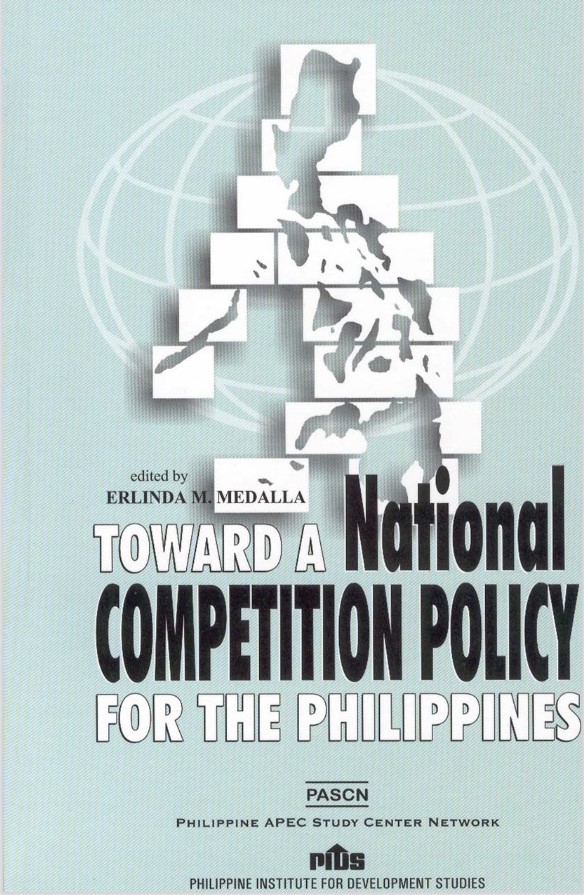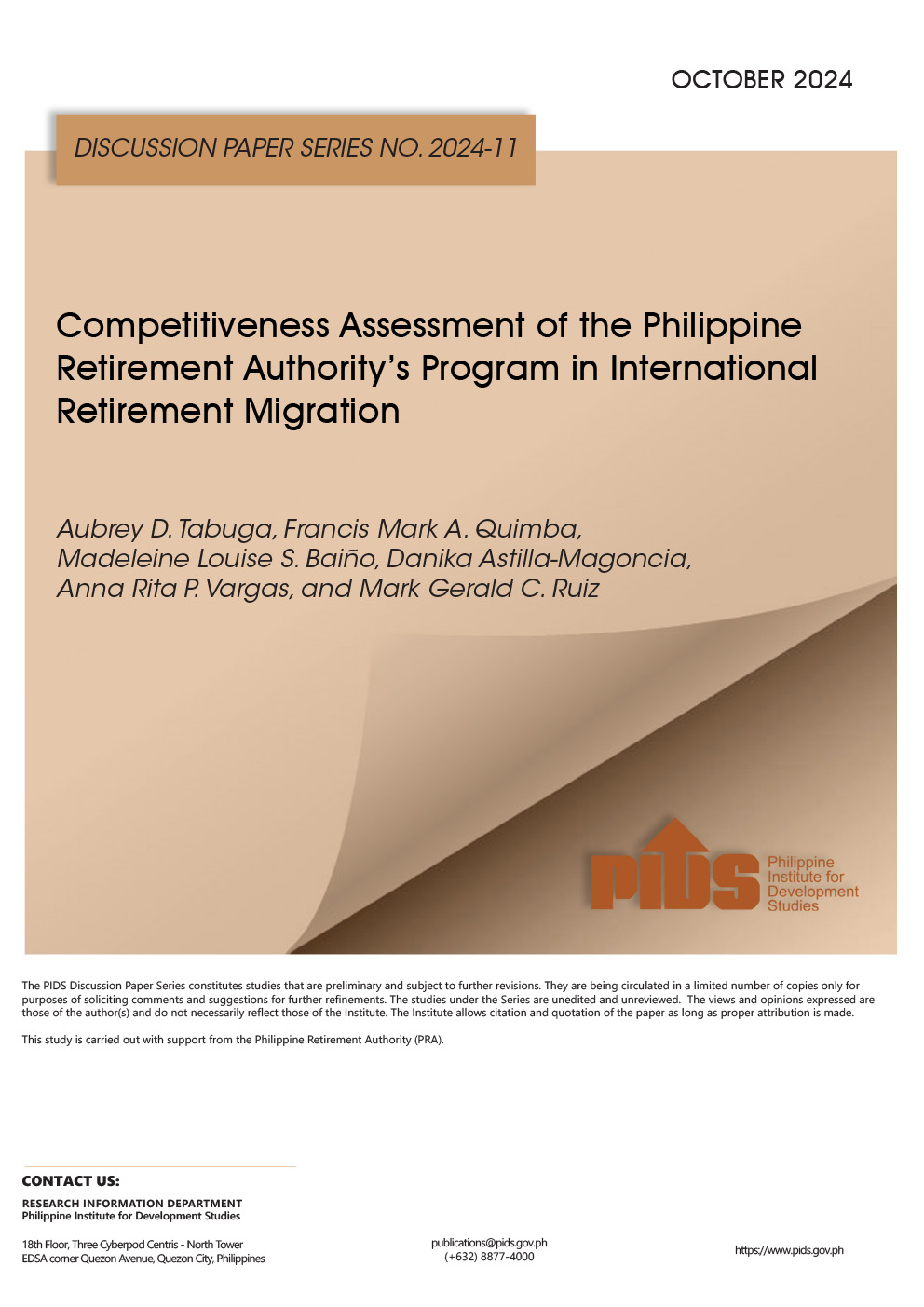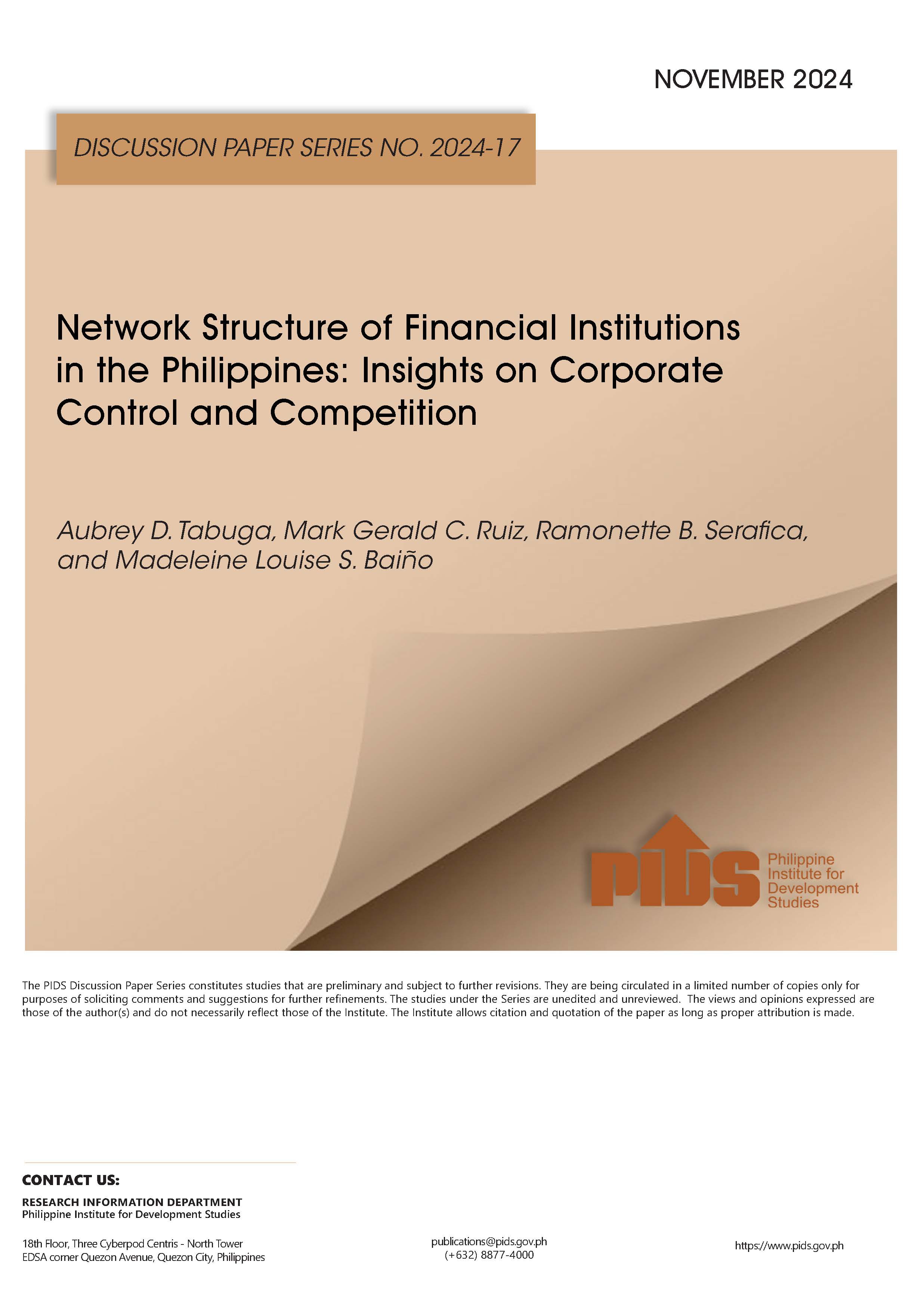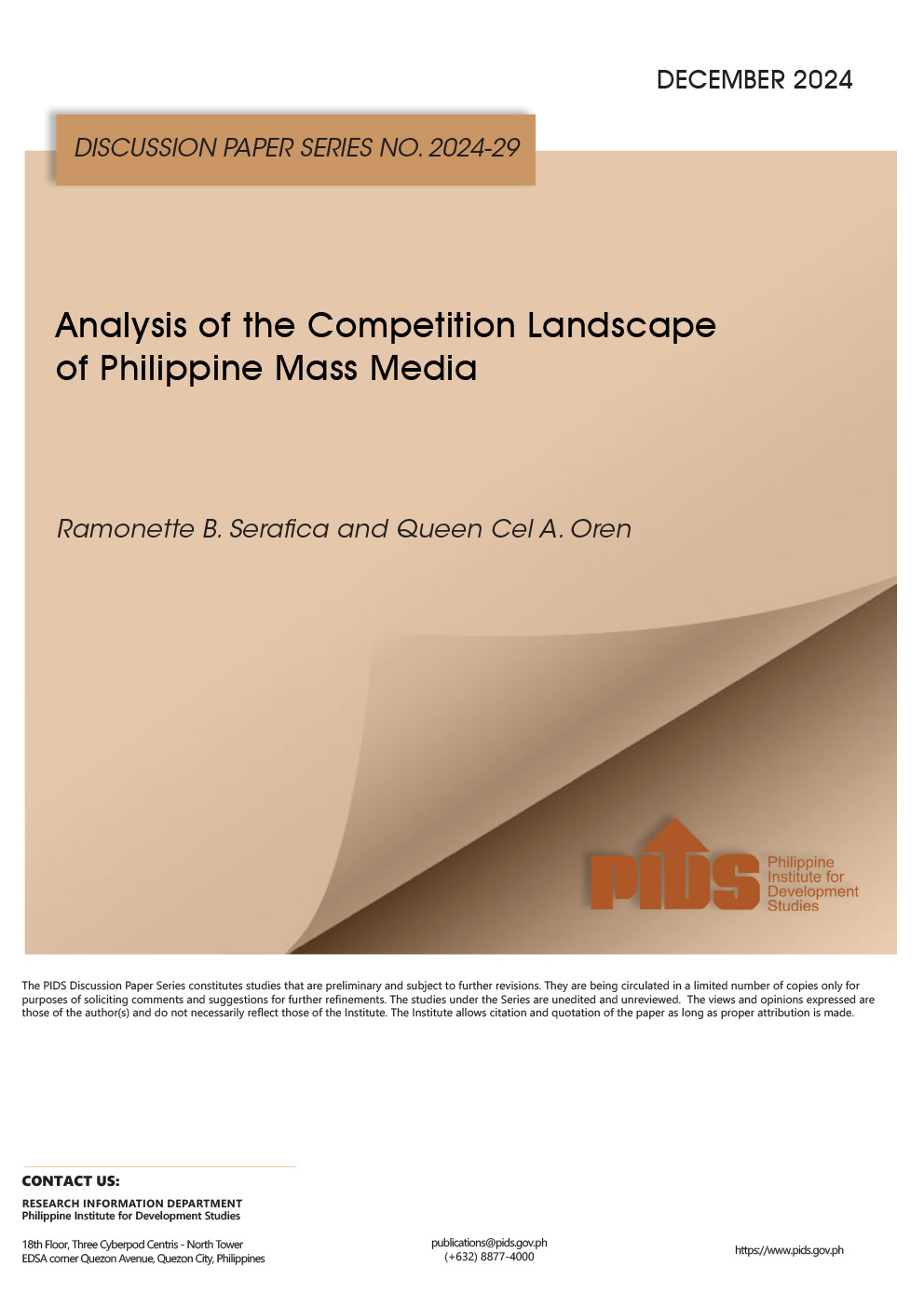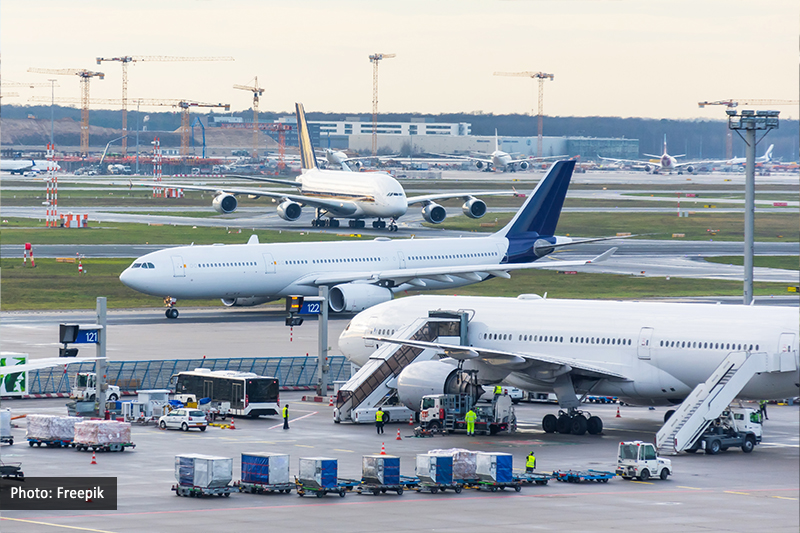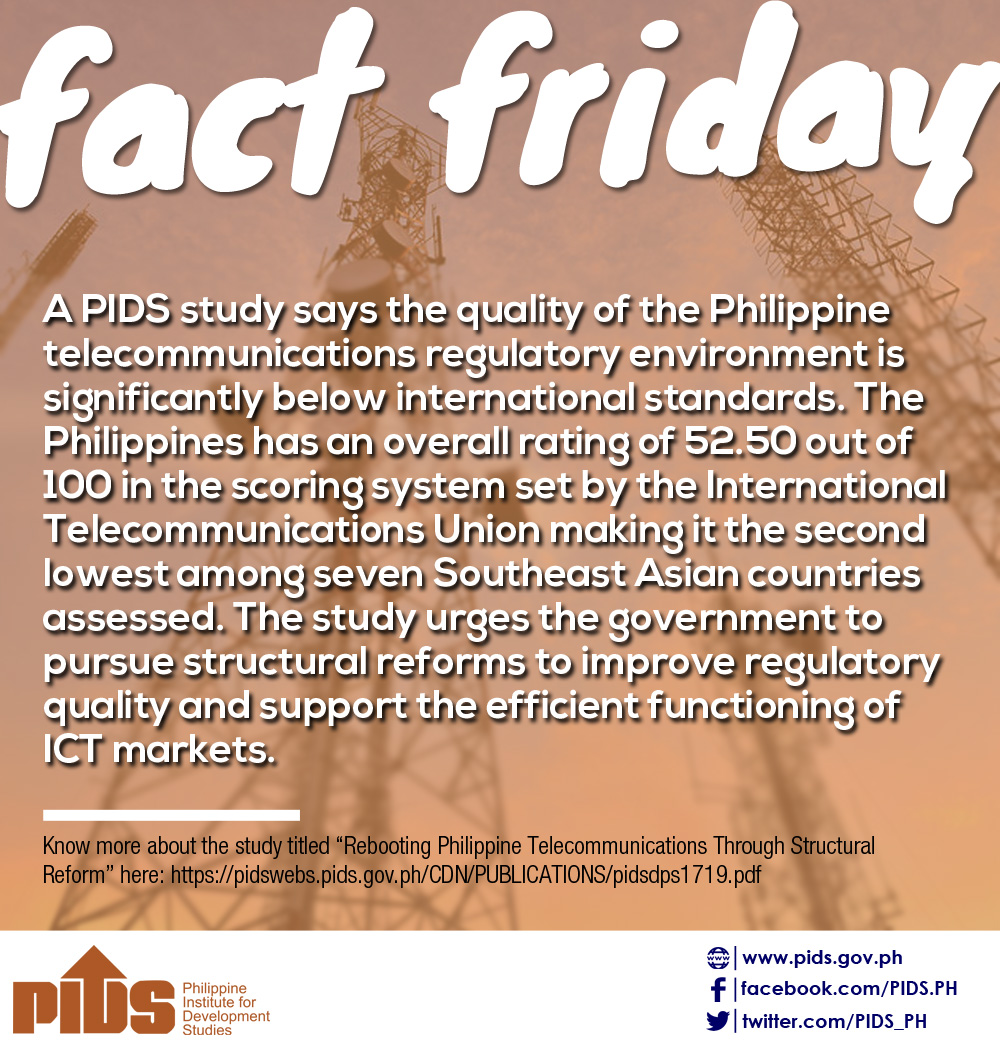After more than three decades of protectionism, the Philippines is now shifting toward a more open economy through liberalization, deregulation, and privatization. The reforms that started in the mid-1980s have contributed to moving the economy toward a more market-friendly policy environment. In the process, however, new problems have emerged, the most pressing of which pertain to the anticompetitive behavior of some industry players who would rather avoid competition and exercise some control to gain market power. And while there is a proliferation of laws governing competition, there appears to be a lack of a consistent, comprehensive, and rational competition policy. The role of a national competition policy thus becomes both utilitarian and timely to ensure that the market works effectively and produces economic efficiency, and consumers get substantial and ongoing benefits. This compilation of studies conducted under a Philippine APEC Study Center Network (PASCN) research project hopes to provide a mold by which to shape an effective competition policy for the country. The studies examine the current state of competition and the reforms that have been undertaken so far in six selected industries where competition policy appears to be most crucial--manufacturing, cement, oil, telecommunications, air transport, and banking and insurance. This volume also discusses the major government policies and their interface with competition policy, and likewise reviews the existing antitrust laws and how effective and adequate these have been (or have not been).

